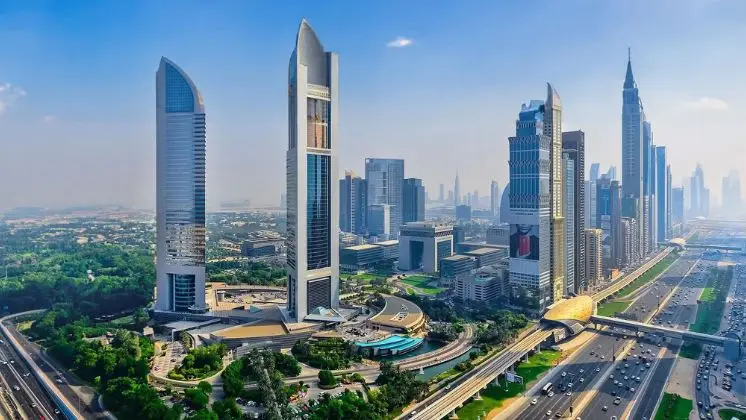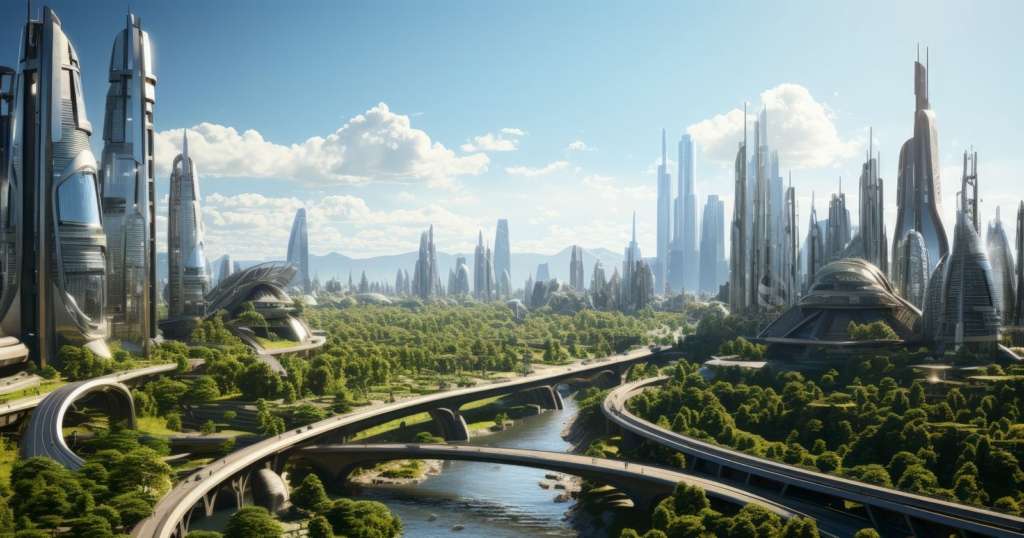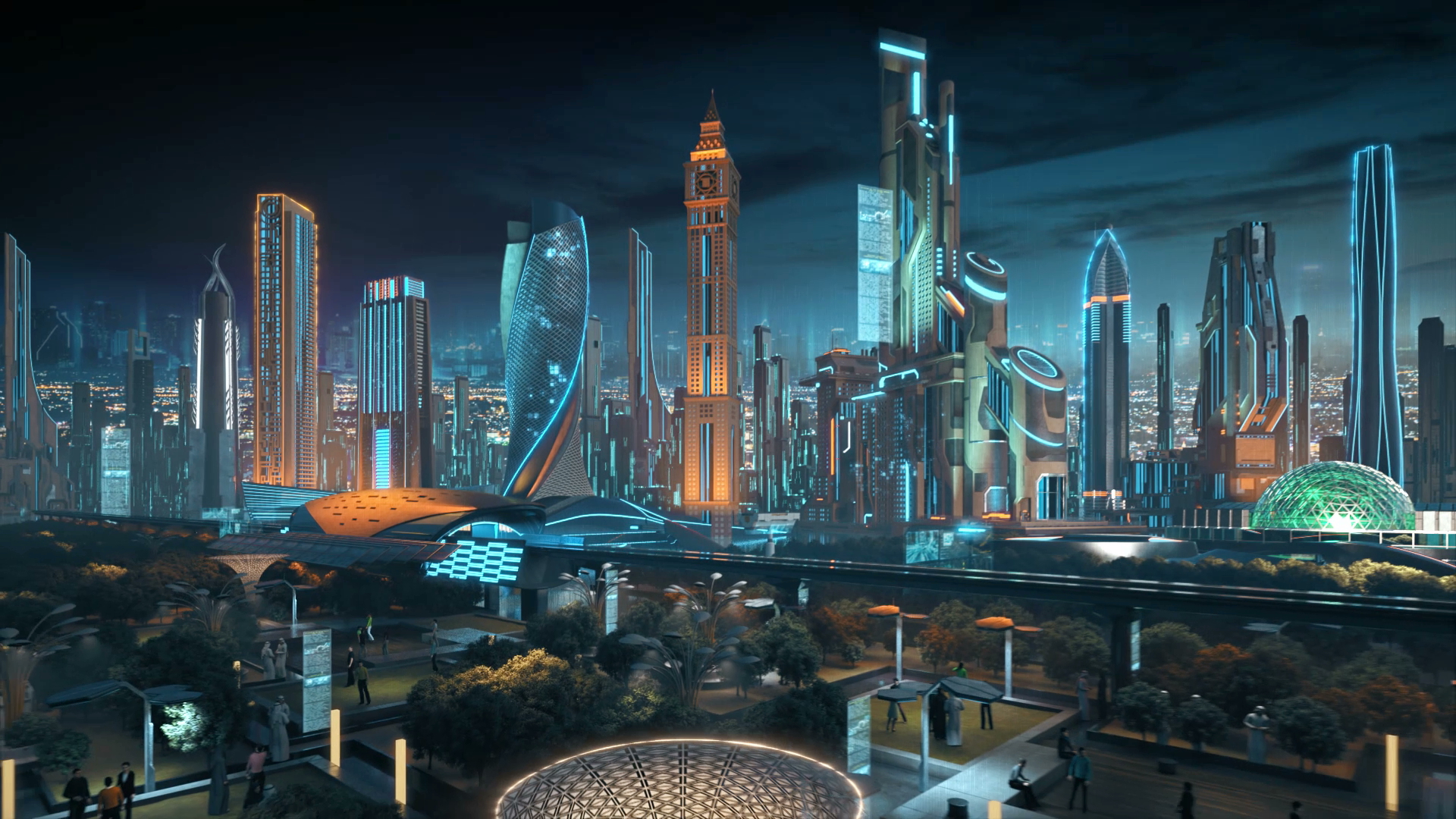
Dubai, the iconic desert metropolis, is set to become the world’s best city for living, according to its ambitious Dubai 2040 Urban Master Plan. The city is undergoing a transformation aimed at driving sustainable, future-proof growth. With its meteoric rise on the global stage, Dubai has set a clear roadmap to build a more sustainable, connected, and people-centric city over the next two decades. This 20-year blueprint is designed to accommodate the emirate’s burgeoning population while enhancing livability, environmental resilience, and economic opportunities.
A Vision for Global Leadership
Dubai’s global stature has grown impressively over the years, earning recognition in several key global indices. In the latest Best Cities Index, Dubai ranks regionally #1 and globally #5 out of 100 cities, reflecting its strong infrastructure, quality of life, and global appeal. Similarly, Dubai leads in the Global Cities Index as the top city in the region and ranks #23 globally out of 156 cities. This recognition as a world leader is further cemented by Dubai’s position as #11 globally in the Global Power Cities Index, demonstrating its influence on the global stage.
With these milestones in mind, the Dubai 2040 Urban Master Plan is poised to capitalize on these achievements by establishing a sustainable, connected, and resilient urban environment that can accommodate rapid population growth and technological advancements.

Growth and Development in the Next Two Decades
The Dubai 2040 Plan projects a significant increase in the city's population, with expectations for a 75% rise in residents by 2040. This growth will be driven by a combination of economic diversification, technological innovation, and a thriving tourism sector. As a global aviation and tourism hub, Dubai is already seeing substantial growth in visitors, with a projected 53% increase in daily visitors by 2040. This surge in both residents and visitors will drive demand for housing, employment, infrastructure, and public services.
Dubai’s future growth is also aligned with its push toward becoming a hub for high-tech industries, knowledge-based sectors, and service economies. The Dubai 2040 Plan forecasts major employment growth in these areas, requiring expanded land and floorspace dedicated to emerging industries. Dubai is strategically positioning itself as a leader in the next-generation economy, leveraging its favorable business climate, robust infrastructure, and access to global markets.
Sustainability and Technological Innovation: Key Drivers of the Future
Sustainability remains a key pillar of Dubai’s vision. The city is committed to reducing its carbon footprint and increasing its environmental resilience in response to global climate challenges. The Dubai 2040 Plan incorporates various strategies aimed at reducing emissions, enhancing green space, and promoting renewable energy. Dubai's Clean Energy Strategy 2050 and ongoing green infrastructure initiatives will help the city meet its ambitious sustainability goals.

Technological innovation also plays a central role in shaping the city’s future. Dubai is a frontrunner in integrating emerging technologies like artificial intelligence (AI), big data, and advanced mobility solutions. These technologies are being woven into the city’s urban fabric to improve efficiency, enhance public services, and reduce the environmental impact of urbanization. As AI and automation reshape industries and daily life, Dubai is set to be at the forefront of this transformation, attracting both global talent and international investments.
Housing, Mobility, and Infrastructure: Building for the Future
At the heart of the Dubai 2040 Plan is a commitment to creating a people-centric urban environment. The plan prioritizes housing that meets the diverse needs of its residents, with a focus on affordable and sustainable housing options. The city will adopt new housing typologies, ensuring that residential developments are well-integrated into the urban fabric with access to essential services, public transit, and green spaces.
One of the plan’s main goals is to create a more connected city. The Dubai 2040 Plan embraces transit-oriented development, encouraging higher-density development around major transport hubs. By prioritizing public transportation and soft mobility (walking and cycling), the plan aims to reduce automobile dependency and create more vibrant, pedestrian-friendly communities. The expansion of Dubai’s metro and bus systems and cycling lanes will make it easier for residents and visitors to navigate the city efficiently and sustainably.
Dubai’s commitment to sustainable infrastructure includes a focus on water management, energy efficiency, and integrating renewable energy sources. District cooling systems and advanced waste management practices will help ensure that the city’s rapid growth does not come at the expense of its environmental goals.
A Bright Future for Dubai
With its ambitious 2040 Master Plan, Dubai is reaffirming its position as a global leader in urban development, sustainability, and economic innovation. The city is set to double its population while maintaining its commitment to livability, environmental stewardship, and technological advancement. As the world continues to urbanize, Dubai’s model of integrated, sustainable growth will serve as a blueprint for cities worldwide looking to balance development with quality of life.
As Dubai embarks on this journey, it is clear that the emirate’s vision for 2040 is one of continuous growth and transformation—a city that offers a vibrant, sustainable, and prosperous future for its residents, businesses, and visitors alike.
Discover how the Dubai 2040 Master Plan shapes real estate opportunities—visit fäm Properties to find your place in the future of Dubai.